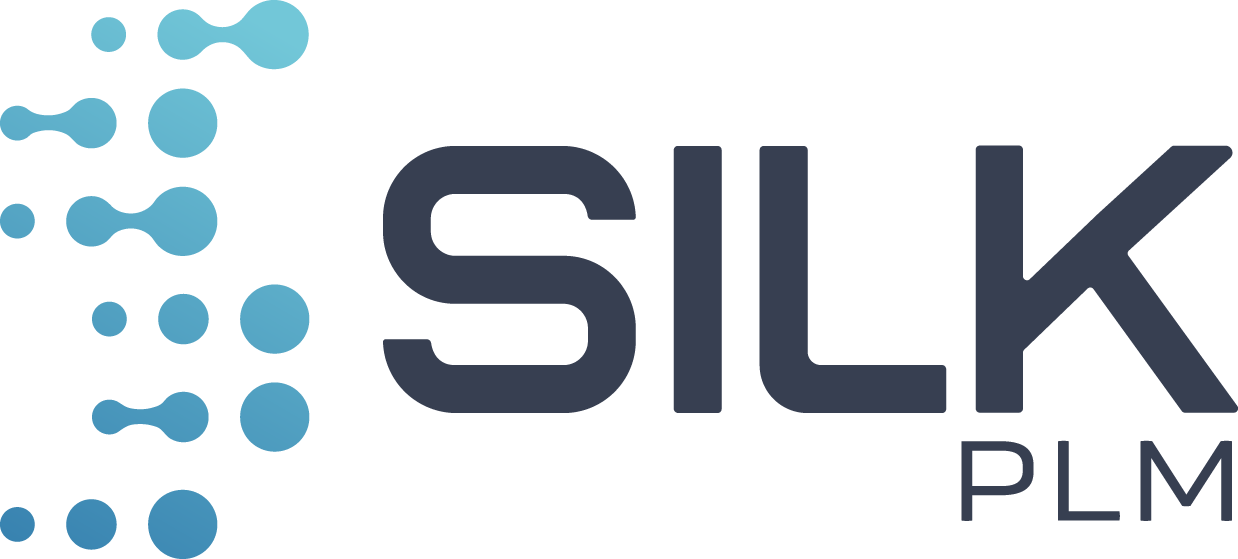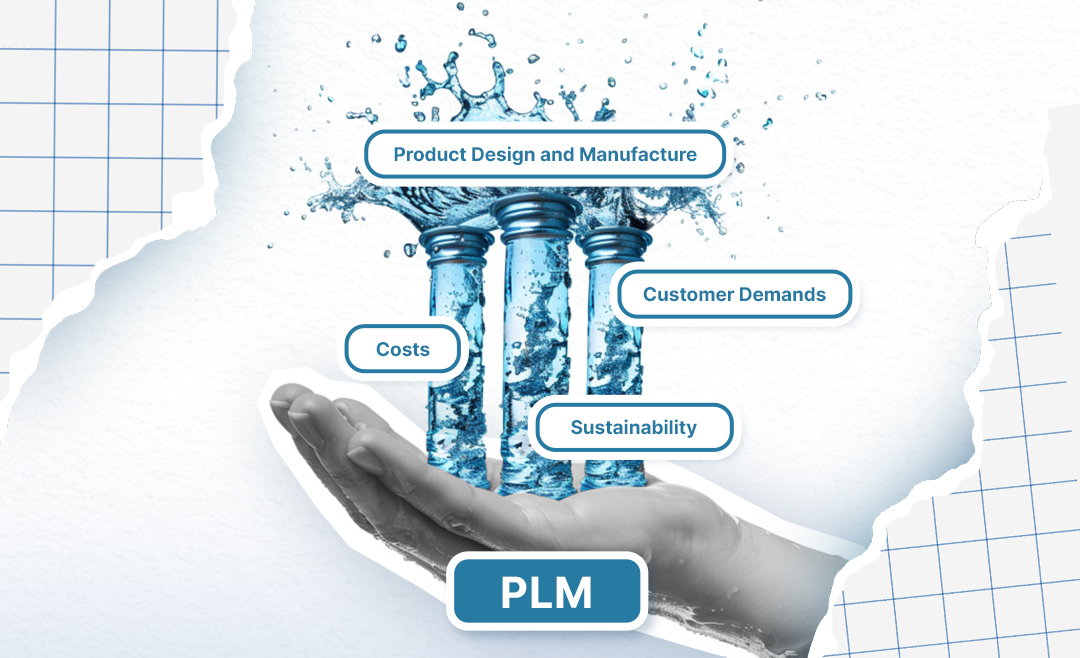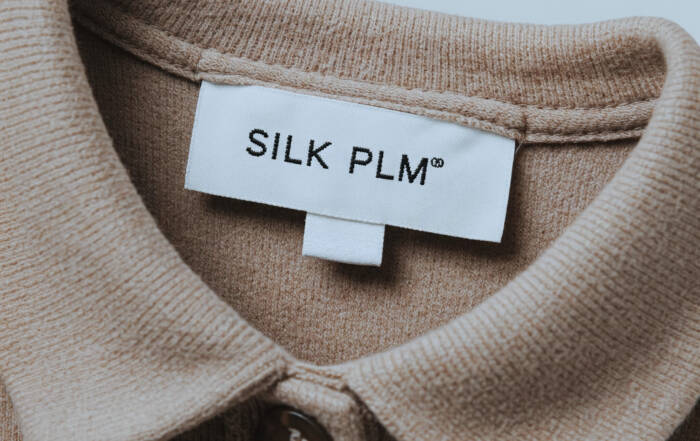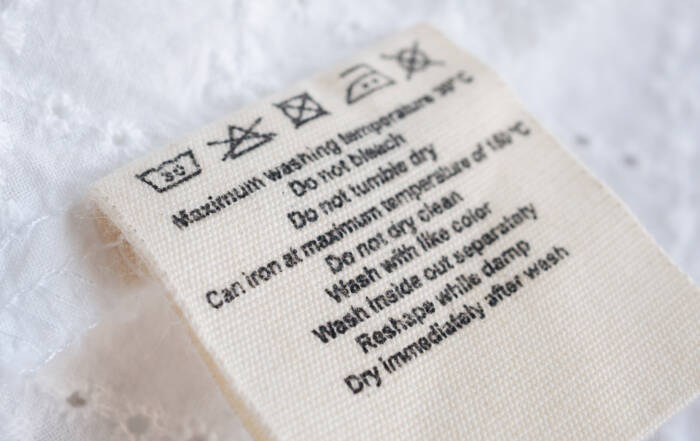Celebrating #WorldWaterDay with a splash of sustainability in retail!
PLM (Product Lifecycle Management) can change the way retail thinks about being eco-friendly.
Global water usage in fashion and home decor:
Did you know that creating fashion and home decor items can be quite a thirsty work? For example, producing just 1 kilogram of cotton needs about 10,000 liters of water. Yep, that’s a lot! The dyeing process adds to this footprint. When cotton is dyed, it consumes more water, increasing the impact on water resources.
How PLM can aid in reducing water usage:
![]() Material Selection: PLM helps to select less water-intensive materials. Brands can choose organic cotton that requires less water than conventional cotton, or other alternative materials.
Material Selection: PLM helps to select less water-intensive materials. Brands can choose organic cotton that requires less water than conventional cotton, or other alternative materials.![]() Efficient Production: PLM supports conscious product management, helping to make decisions that minimize water consumption at every stage of the product lifecycle. Thanks to this, information about water consumption can be 100% transparent for both companies and consumers.
Efficient Production: PLM supports conscious product management, helping to make decisions that minimize water consumption at every stage of the product lifecycle. Thanks to this, information about water consumption can be 100% transparent for both companies and consumers.![]() Quality and Longevity: PLM improves product quality by eliminating errors more easily and helps select better quality materials that result in longer-lasting products. And, consequently, a lower water footprint of production.
Quality and Longevity: PLM improves product quality by eliminating errors more easily and helps select better quality materials that result in longer-lasting products. And, consequently, a lower water footprint of production.![]() Consumer Awareness: Brands can use PLM data to inform and educate consumers about the water footprint of their products and how to care for them to extend their lifespan and reduce environmental impact.
Consumer Awareness: Brands can use PLM data to inform and educate consumers about the water footprint of their products and how to care for them to extend their lifespan and reduce environmental impact.![]() Turning Awareness into Action: When companies understand their water footprint, they can take steps towards sustainability. It’s not just about using less water, but also about doing something good for the planet. Many companies organize eco-friendly initiatives, like tree planting or supporting environmental organizations, to offset their environmental impact.
Turning Awareness into Action: When companies understand their water footprint, they can take steps towards sustainability. It’s not just about using less water, but also about doing something good for the planet. Many companies organize eco-friendly initiatives, like tree planting or supporting environmental organizations, to offset their environmental impact.

You may also be interested in:
Fashion Labels: The Essential Guide for Clothing Brands
Fashion labels play a crucial role in your brand and shape how customers perceive your product. If you're launching a new product line and feel unsure about how to select the right labels, this guide will serve as your go-to resource!
Guide to Care Labels for Fashion Brands: Compliance & Sustainability
Care labels are a vital communication tool for customer satisfaction, legal compliance, and reinforcing your brand values. Whether you're a fashion startup, e-commerce business, or independent designer, understanding care labels is non-negotiable.




